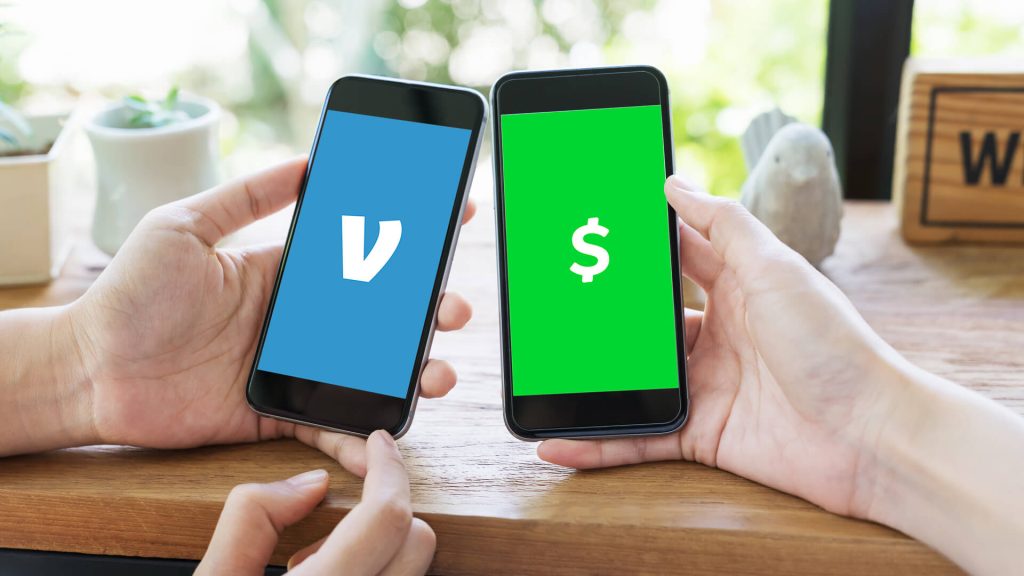Cash App is a peer to peer payment mobile app that enables its users transfer, receive, invest and send money through their mobile phone. Launched in 2013 by Block, Inc. which was formerly known as Square, Inc. with the app called Square Cash, it was launched to compete with other mobile payment apps available then.
Though not a bank, Cash App provides services through its bank partners insured by the Federal Deposit Insurance Corporation (FDIC) and also investing services through Cash App Investing LLC which is registered as a broker-dealer under Securities and Exchange Commission (SEC) and is also a member of Financial Industry Regulation Authority (FINRA).
Most people tend to ask how the app works. Well, it is easy to get it, you first have to download and install the mobile app from Google Play which is available for iOS and Androids. Then you proceed to sign up an account with them where you will be shown different features the app has ranging from payments, Bitcoin, debit cards, banking and investment of stocks. It also has a Cash App Taxes feature where a user can file for taxes and also receive tax refunds.
Cash App employs PCI-DSS, a protocol used also by renowned credit card companies for security i.e. payments are encrypted on both sides so payment of funds are secure. Also as an additional security measure the app gives a user a one time login code that cannot be revealed to any other person. The app is not however insured by FDIC so there is no guarantee of getting back a users money if the company gets hacked.
The app is only available to users from the ages of 13 and above with users between the ages of 13 and 18 compelled to get an approval from parents or guardians before they can access some expanded features in the app like Cash Card, P2P transactions, direct deposits, etc. Investments in stocks and Bitcoin are for users who are at least 18 years of age.
Venmo, founded in 2009 and owned by PayPal, Inc. It is also a peer to peer payment app that allows its users send and receive funds from its users digitally. However, the app is only available to U.S residents. The app is interesting because it allows bill and expenses between multiple persons for instance internet bills and restaurants checks.
The app can be downloaded for iOS users on App store and for Android users at the Google Play Store. Venmo can be used to purchase cryptocurrencies of different coins ranging from Bitcoin, Ethereum, Litecoin and Bitcoin Cash. However, Venmo has four compulsory requirement that its user must adhere to before registering and there are: residents of U.S, At least 18 years of age, a cell phone that has U.S short codes and a U.S. bank account connected to the users Venmo account.
Though Venmo does not charge for some transactions, it is not entirely free as there are some charges allocated to some premium features and transaction services. The app also utilizes encryptions that protects a user’s information and goes as far as adding “multifactor authentication” so as to boost the security for their users who might not feel secured with the app. The app ensures to ask users for their Social Security number or Individual Taxpayer Identification Number (ITIN) which will enable them to verify their Venmo account.
Cash App Vs Venmo
There are many questions from users which of the payment apps to use. Well, I will be listing and explaining four differences between the two online payment apps, which include;
- International Transactions: Venmo expects its users to be residents in the U.S and as such no other countries can make use of the app, whereas Cash App is entirely different. Though it is not available in every country, it has more wider reach to it users than the Venmo app, i.e. Cash App users are not only restricted to one country.
- Investments: Though this an entirely new area for Cash App and Venmo, as they are not up to date with investments like some renowned investment apps, they are not lagging behind. Cash App deals in buying, trading and selling of Bitcoin and investing in stocks while Venmo deals with the purchase of known cryptocurrencies like Litecoin, Ethereum, Bitcoin , Bitcoin Cash, etc. A user can determine which one is suitable for him/her based on their intent with the app, i.e. if it is for stock, Cash App is advisable, if it is for purchasing of cryptocurrencies, then Venmo is it.
- Payment Methods: In this category, Cash App allows payment methods such as debit cards, linked bank accounts, credit cards and Cash App account balance for transactions. Venmo however, makes use of these methods, but it also adds other methods to it like Google Play or Apple Pay connected to a users Cash Card and the Amex Send Feature on the app that lets users make transactions through their American Express credit cards where they are not charged with the standard credit card charges.
- Filing Taxes: Here, Cash App has added a new feature in 2022 known as Cash App Taxes feature that allows users file for taxes and even go ahead to receive refunds for their taxes. However, there is no such thing in Venmo
In conclusion, I would advise users to go for any of the two payment apps that has the features they are looking for. Be it stock investment or purchasing and trading in cryptocurrencies.,

